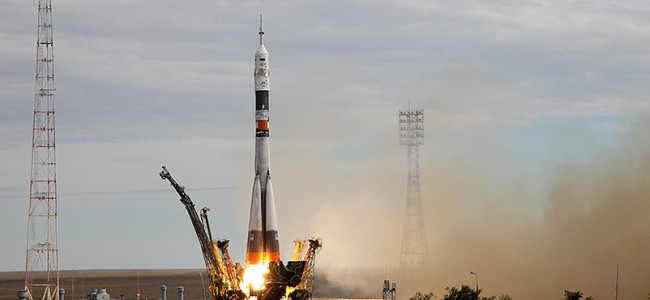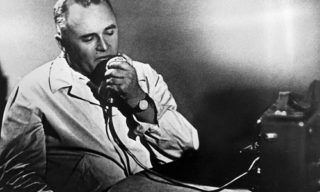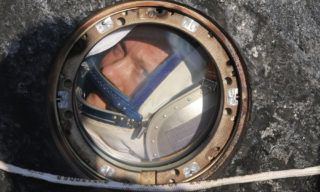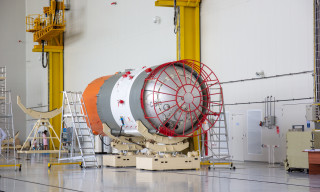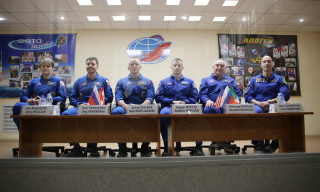According to the information from TASS News Agency, the cause of the “Soyuz-FG” rocket accident, that occurred on October 11, was the abnormal operation of the sensor, signaling the separation of the first and second stages of the carrier.
This was announced on Wednesday by Sergey Krikalev – the executive director of Roscosmos for manned programs.
“A couple of days ago, the emergency commission finished its work, the accident occurred due to abnormal separation of the first and second stages.
One of the” sides “during the separation did not take the right distance and hit the second stage fuel tank, which caused the second stage to break.
The reason for the fact, that the commission found out, was the abnormal work of the sensor, which signals the first and second stages disconnection”, said Krikalev at a ceremonial event, dedicated to the 55th anniversary of the Institute of Biomedical Problems of the Russian Academy of Sciences.
According to him, a set of the measures is being carried out to ensure further safe flights.
The “Soyuz-FG” launch vehicle with the “Soyuz MS-10” spacecraft crashed on October 11, shortly after launching from Baikonur.
The cosmonaut of Roscosmos Alexey Ovchinin (commander of the Soyuz MS-10) and NASA astronaut Nick Hague were on board the ship heading for the ISS.
The crew of the “Soyuz” was not injured.
This was the first emergency in 35 years at the launch of a manned ship.
Earlier, a source in the rocket and space industry told TASS, that the first launch of the “Soyuz-FG” rocket after the crash on October 11 is scheduled for November 16.
The launch of the “Progress MS-10” cargo ship to the International Space Station is scheduled for 21:14 Moscow time from Baikonur.




